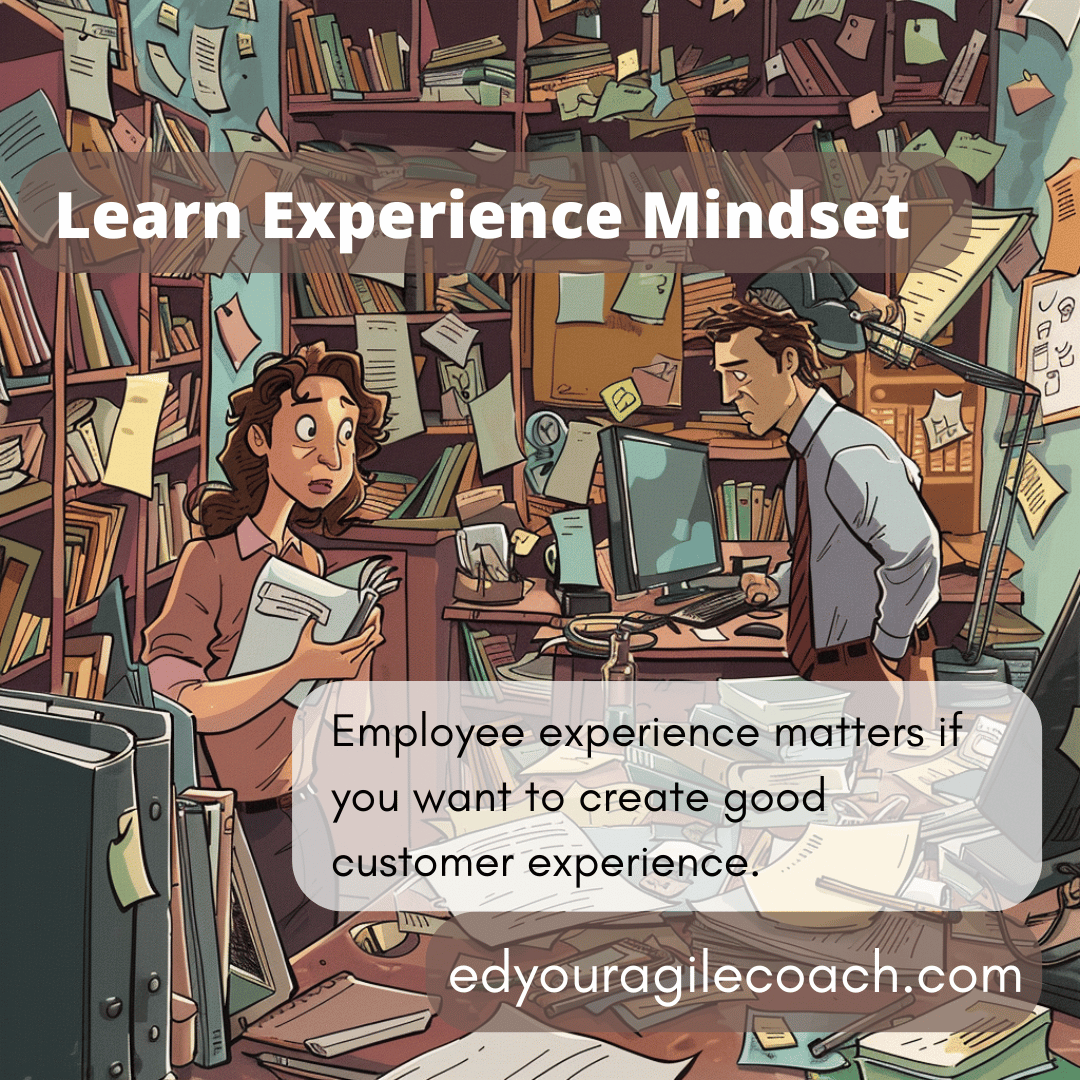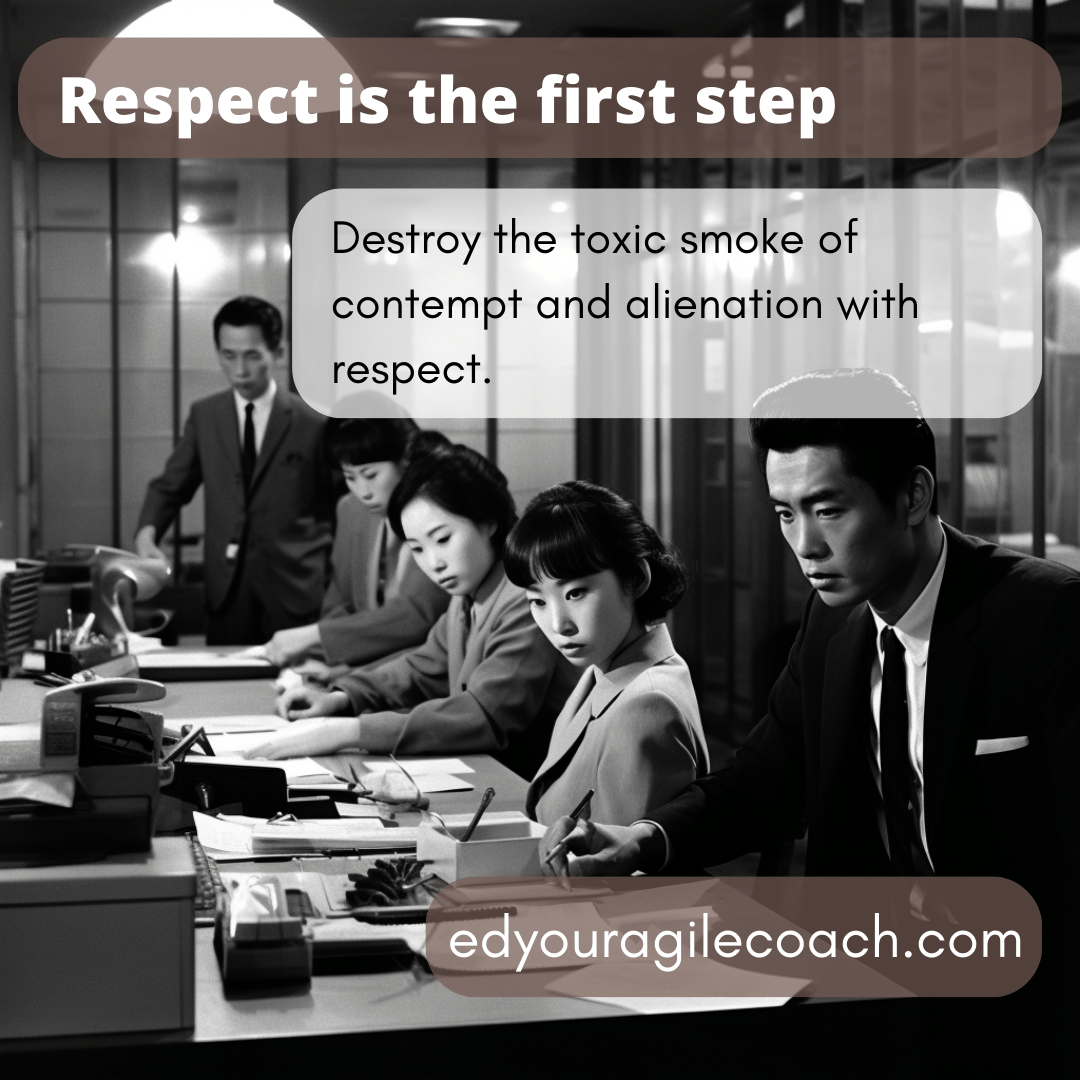Build trust and the rest will come.

Coaching others and working with clients give me plenty of challenges. It is also one of the most satisfying things I do. The most important lesson I have learned during this time is the importance of openness and trust. I want to discuss why these two values are necessary for a successful agile implementation.
According to the Agile Manifesto, we should value “Customer Collaboration over contract negotiation.” Getting caught up in contracts and legal mumbo jumbo is easy in business. Often, something that requires four hours of work and a conference bridge requires weeks of negotiation and a signed piece of paper explaining who will pay for the four hours of work. It isn't enjoyable for the people doing the job, but it is a necessary process from the perspective of the people paying the bills. The reason for this necessity is a lack of trust.
The absence of trust is a toxic condition in most business environments. It happens because people make promises in business that they cannot keep. It also occurs when people do not pay for the services they have received. Since technology and software are labor-intensive, everyone is paying attention to the money, which creates conditions that undermine trust.
In her book, “Radical Candor,” Kim Scott talks about successful leaders being able to care personally and communicate honestly. It seems like a common-sense approach, but it is surprising how many people are willing to hide the truth to win favor from others. Scott refers to this as manipulative insincerity because you are not telling the truth to manipulate the emotions and perceptions of a client. Once a client discovers manipulation, they will rarely show trust.
It is why the first job of a scrum master or agile coach is to build trust. It means turning your camera on so people can see your face during all video conferences because others need to know that you are paying attention and involved in their problems. You need to over-communicate with clients, telling them all of the good and bad news, which affects their project. It is painful initially, but constant communication and telling the truth over time builds trust. Eventually, instead of a client-vendor relationship, you will have a partnership where you work together to reach a common goal.
Openness and trust are mandatory for any business relationship. You earn the trust of others by being honest and communicating often. This is why I want to help spread agile and create trusting environments.
Until next time.




Comments ()